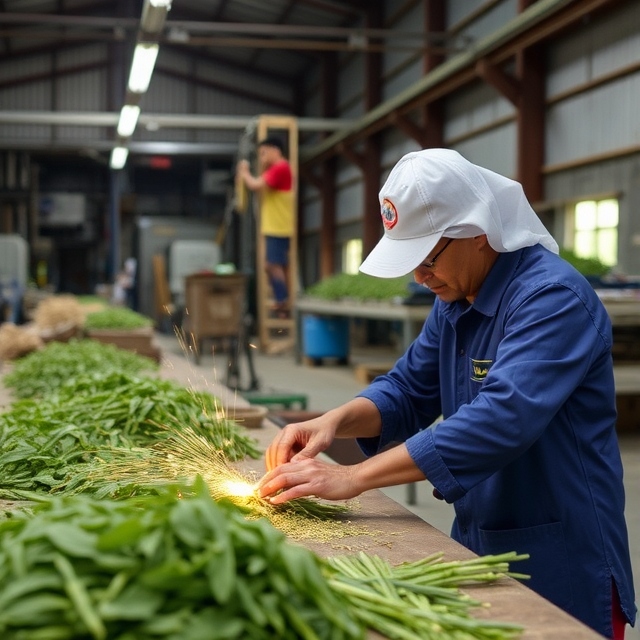Introduction
As global markets prioritize eco-conscious practices, sustainable manufacturing has become a cornerstone of industrial growth. In Indonesia, the push for greener practices is not just a trend—it’s a necessity. With increasing consumer demand for sustainable products, businesses must embrace eco-friendly approaches in production, supply chain, and logistics. Here’s how Indonesia is leading the way and why it’s time for companies to follow this blueprint for the future.
The Rise of Sustainable Manufacturing in Indonesia
Indonesia’s government introduces policies such as tax benefits to renewable energy and wastes for usage, which, together with the programs implemented such as Indonesia’s Green Industry Certification, are prompting businesses toward greener productions.
International markets, especially in Europe and North America, are increasingly demanding sustainably sourced products. This opens up opportunities for businesses working with Asia agents to meet global standards while enhancing brand value.
From energy-efficient machinery to waste-reducing technologies, innovations in manufacturing tools are helping Indonesian companies reduce their environmental footprint.
Key Components of Sustainable Manufacturing
1. Eco-Friendly Best Sourcing
Ethical and responsible sourcing form the basis of sustainable manufacturing. Businesses more and more collaborate with agents in Asia to find suppliers who follow environmental and social standards. Best sourcing forms a guarantee that companies ensure procurement not only of first class raw materials but also highly environmentally sustainable.
2. Energy-Efficient Production Methods
Companies in Indonesia are using efficient energy saving devices and alternative sources like solar and wind, which reduce the cost of their operations while encouraging minimal carbon emissions as part of sustainable production processes.
Transforming the Supply Chain and Logistics
1. Green Supply Chain Practices
Businesses are implementing green logistics solutions to minimize emissions in transportation. Route optimization, the use of electric vehicles, and shipment consolidation through green logistics help decrease emission intensity in moving goods throughout Indonesia and onwards.
2. Digital Tools for Supply Chain Transparency
Technological tools are helping companies track and monitor the sustainability of the supply chain. Blockchain is a technology that helps trace sourcing, making it clear to consumers whether a particular product is eco-friendly.
Conclusion
Sustainable manufacturing is the only way forward—the alternative. Indonesia is really fast developing its commitment toward all matters green. Companies set on this blueprint stand out, ready to adapt. Lead businesses toward a brighter greener future with such companies.
